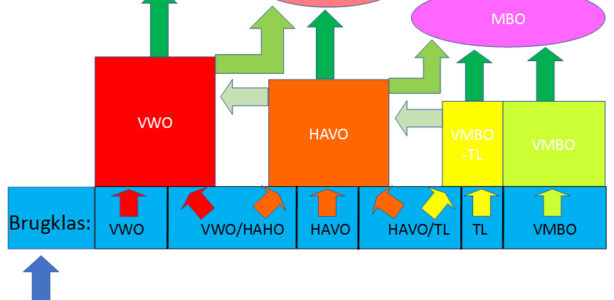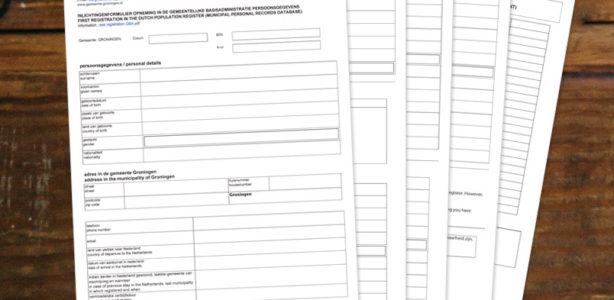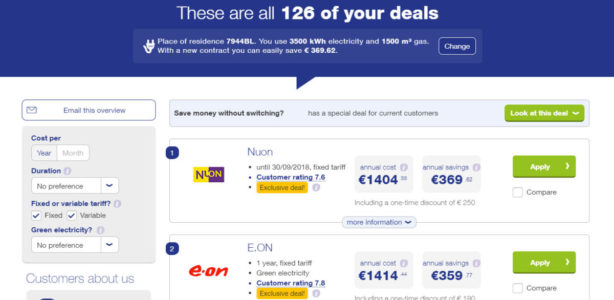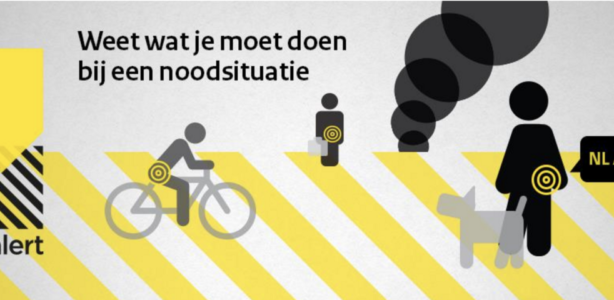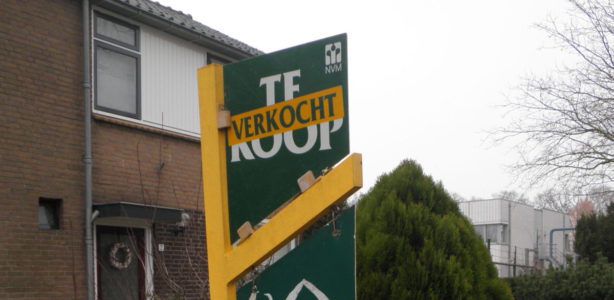
Excerpted from https://fvbdeboer.nl/ with permission
If you are planning to be in the country for some time, you may wish to buy a house in the Netherlands, as it can work out more beneficially financially than renting long-term. However, it is a good idea to make sure you are aware of all the pitfalls too before investing in a foreign country. FVB de Boer has written a 10-point guide to make sure that you have thought of everything before taking the plunge.
Continue reading “Mortgages and buying a home in the Netherlands”
 +31 (0)50 367 71 97
+31 (0)50 367 71 97  info@connect-int.org
info@connect-int.org

